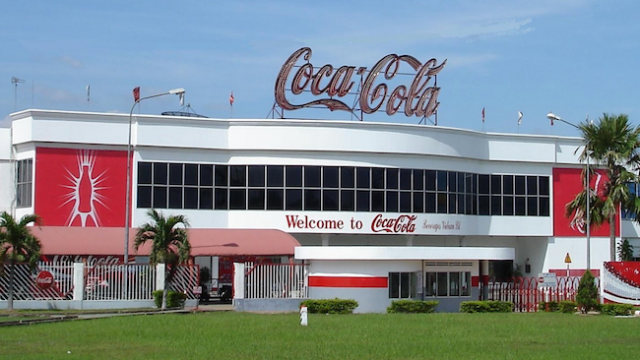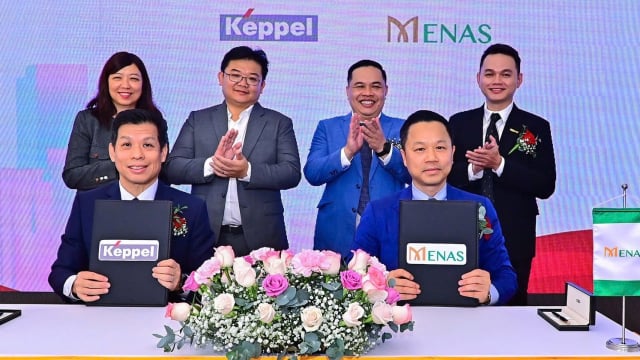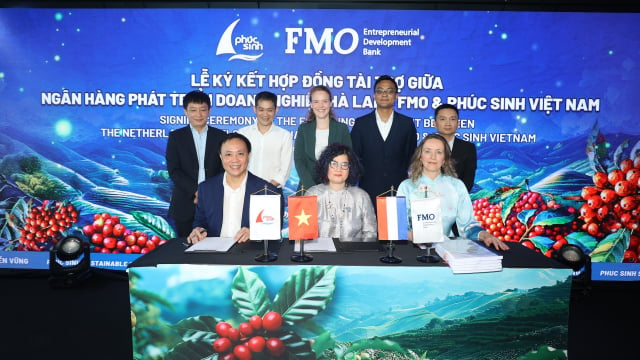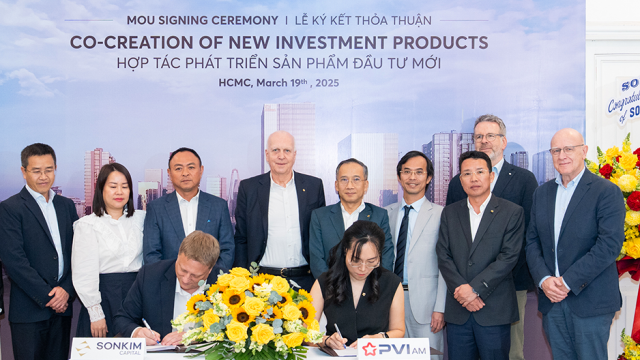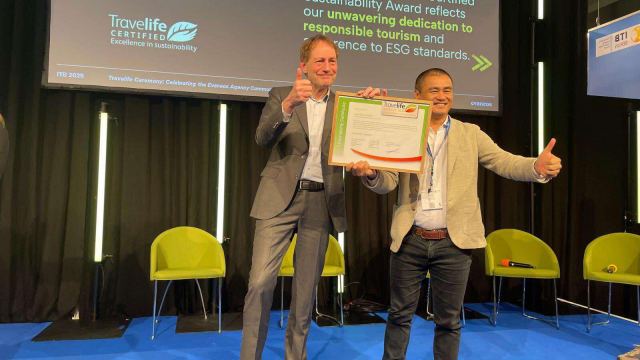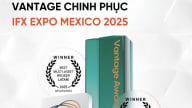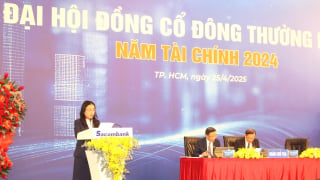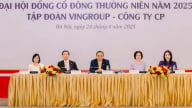Business
Coca-Cola ready to deploy EPR for plastic packaging
Coca-Cola Vietnam expects to eliminate 2,000 tonnes of new plastic in Vietnam annually by introducing bottles made from 100 per cent recycled PET plastic.
Starting from September of this year, all new 300ml bottles containing Coca-Cola and Coca-Cola Zero Sugar made from 100 per cent recycled PET plastic (rPET) excluding caps and labels, will help the company avoid using around 2,000 tonnes of new plastic in Vietnam annually.
This is significant step for the Coca-Cola system in Vietnam to grow its circular economy vision, and help bottles become another bottle.
“PET plastic bottles have value beyond their first use and can be used over and over again. Our new bottles made with food-grade rPET are recyclable, and can become another bottle,” said Peeyush Sharma, CEO of Coca-Cola Beverages Vietnam Limited Company.
The Coca-Cola company has a global World Without Waste vision to collect and recycle the equivalent of every bottle and can it sells by 2030. But it’s not just about collecting and recycling bottles, it’s also about using less new plastic.
As such, the company has a global goal to use at least 50 per cent recycled content in its packaging by 2030. The Coca-Cola company now offers 100 per cent rPET bottles in more than 30 markets around the world.
“We want to ensure that all our bottles have more than one life, in support of a circular economy in Vietnam. To achieve this, it is critical we have enough supply of food-grade recycled plastic to meet demand. This is why Coca-Cola Vietnam, together with our bottling partner, we are also investing in the collection and recycling of PET plastic bottles,” shared Leonardo Garcia, general manager of Coca-Cola Vietnam and Cambodia.
“While we still have a lot of work to do to help reduce plastic waste in Vietnam, by educating consumers about recycling and the potential for plastic bottles to become new plastic bottles, we see this as a big move in the right direction,” continued Garcia.
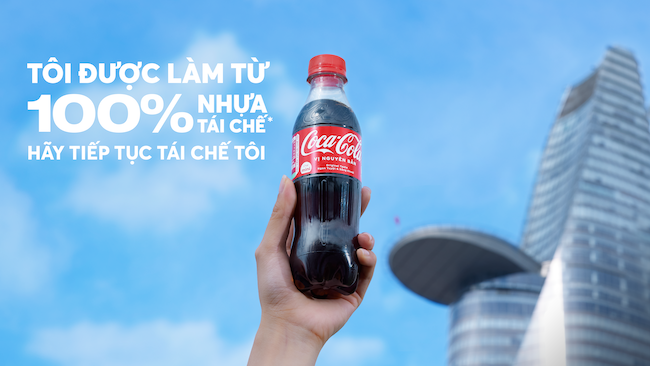
To build awareness and encourage action on recycling last year, Coca-Cola rolled out a prominent ‘Recycle Me’ message across all its packaging in Vietnam. SPRITE also transitioned and replaced its iconic green bottles to clear packaging in Vietnam in order to give the bottles the best chance of another life.
“We also can’t solve this challenge alone, which is why we are collaborating with partners, governments and industry to help us scale solutions and make our packaging more sustainable,” said Garcia.
Since 2018, Coca-Cola Vietnam has been working with partners such as Centre for Supporting Green Development (Green Hub), and local recyclers to support and incentivize informal plastic waste collectors who are the backbone of the recycling industry in Vietnam.
With support from The Coca-Cola Foundation, the company is furthermore partnering with UNESCO in their programs to raise community awareness and find innovative solutions for plastic waste management at Cu Lao Cham and Cat Ba islands since 2020.
Coca-Cola Vietnam is one of the founding members of Packaging Recycling Organization Vietnam (PRO Vietnam), a partnership with other leading companies, recyclers and government agencies to accelerate local packaging collection and recycling in support of a clean and green Vietnam.
“Coca-Cola Vietnam is one of the pioneering companies that is working to build a circular economy for packaging. They have been actively working with partners respectively to support ways to collect and recycle their bottles so they can have another life,” stated Phan Tuan Hung, director general Department of Legal Affairs, Ministry of Natural Resource and Environment.
This is an ambitious goal and it shows the company’s readiness to deploy Extended Producer Responsibility (EPR) for plastic packaging.
The EPR mechanism is mentioned and provided in the 2020 Law on Environmental Protection (Articles 54 and 55), and the draft decree detailing the Law (Chapter VII). Both provide the producers’ and importers’ liability to recycle and treat their abandoned products and packages.
Coca-Cola honored as one of the Top 4 most sustainable companies in Vietnam
Menas signs to elevate lifestyle experiences at Keppel’s properties in Vietnam
Menas Group has entered a strategic partnership with Keppel to co-develop an integrated ecosystem of lifestyle services across Keppel’s real estate projects in Vietnam, beginning with the landmark Celesta City development in Saigon South.
Phuc Sinh secures $15 million investment from Dutch investor for sustainable expansion
Phuc Sinh’s expansion underscores Vietnam’s growing role in sustainable agriculture and its increasing appeal to global investors
PVI Asset Management and SonKim Capital partner to revolutionize real estate investments
PVI Asset Management (PVI AM) and SonKim Capital (SK Capital), a business unit of SonKim Group has announced a strategic collaboration to develop innovative real estate investment products tailored for institutional investors and high-net-worth individuals.
Filum AI secures $1 million amidst funding winter
Filum AI has successfully raised $1 million in funding despite a challenging venture capital market, underscoring the potential of AI and shifting investment strategies.
New decree eliminates barriers and enhances access to financing for enterprises
Enterprises are advised to promptly assess and evaluate the impact of the changes in the newly-issued to ensure timely compliance in the upcoming tax finalization period.
Lux Travel DMC earns global recognition for sustainability
Lux Travel DMC has solidified its position as one of the global leaders in sustainable tourism with the prestigious Travelife Certified Sustainability Award 2025.















